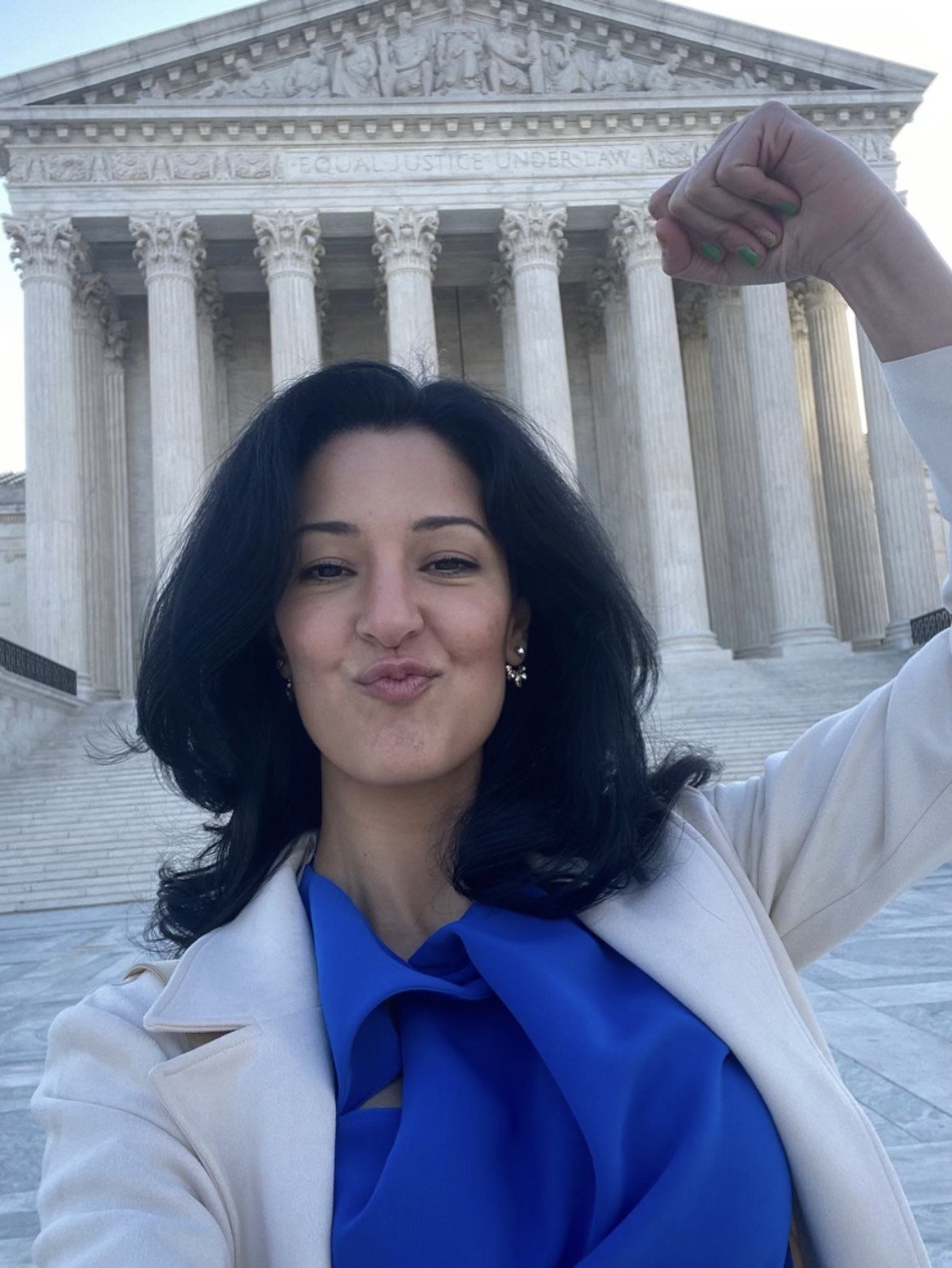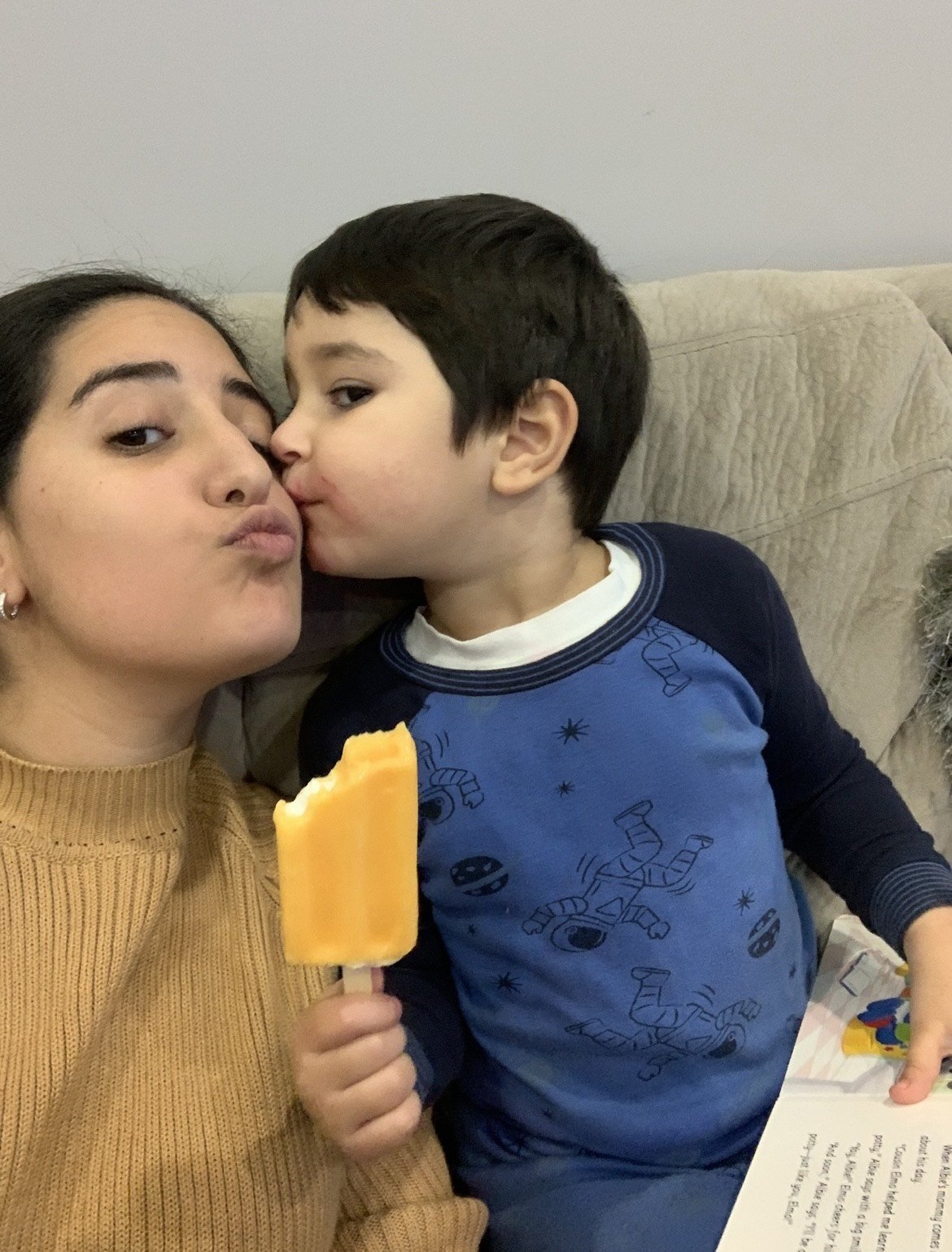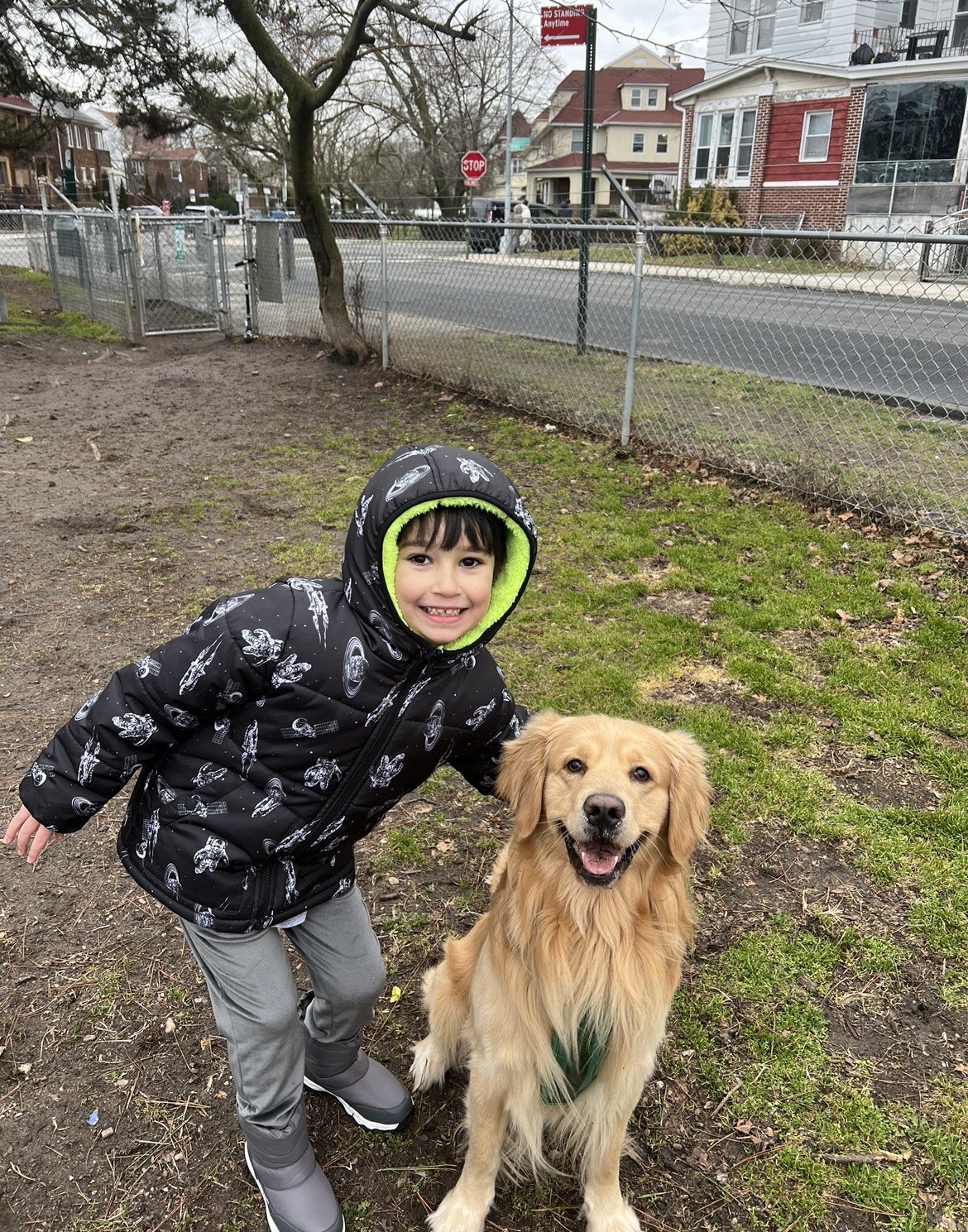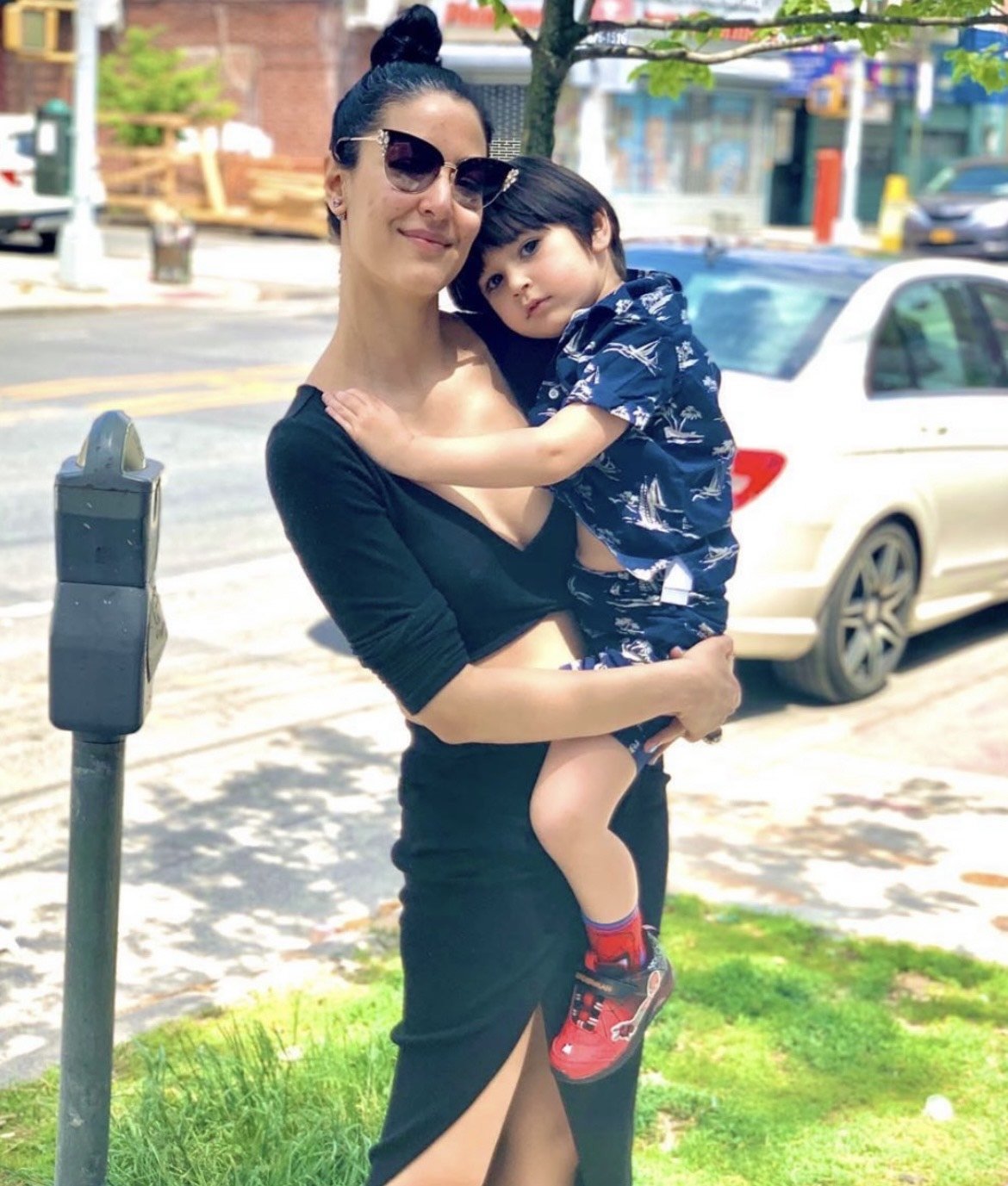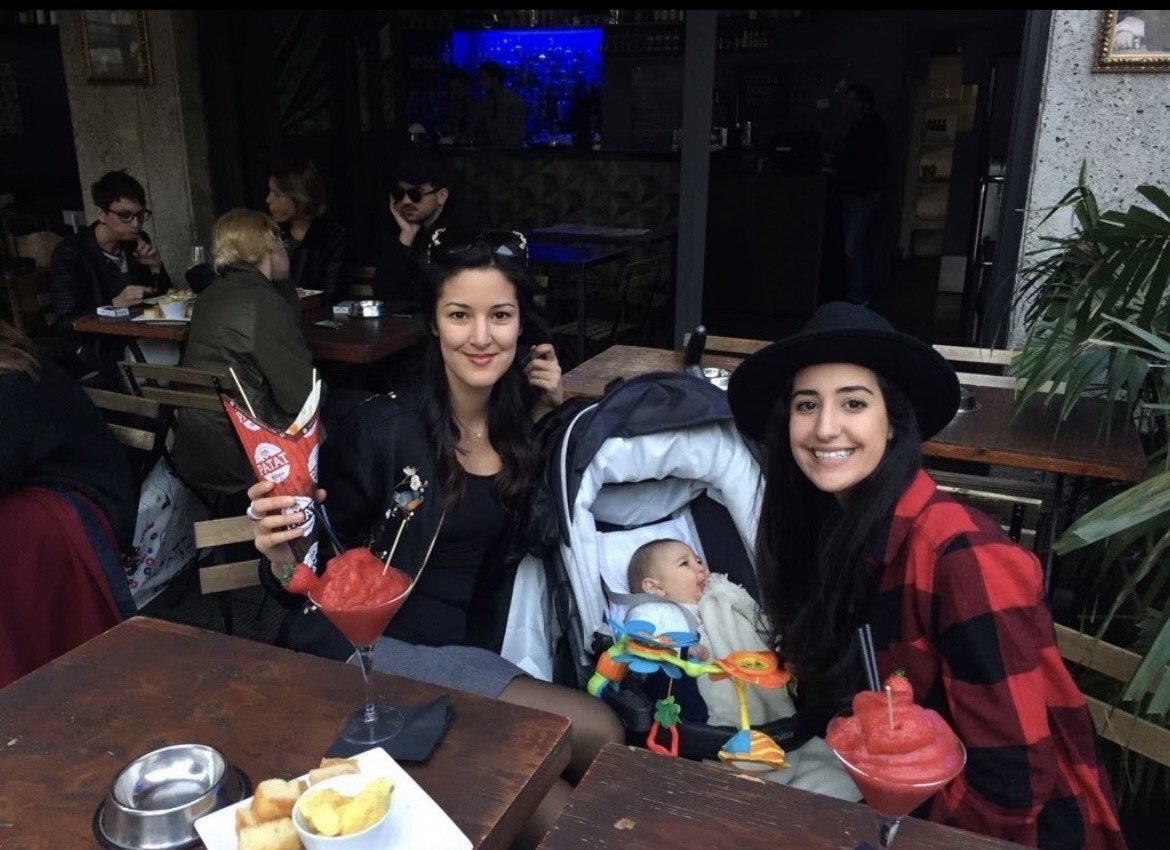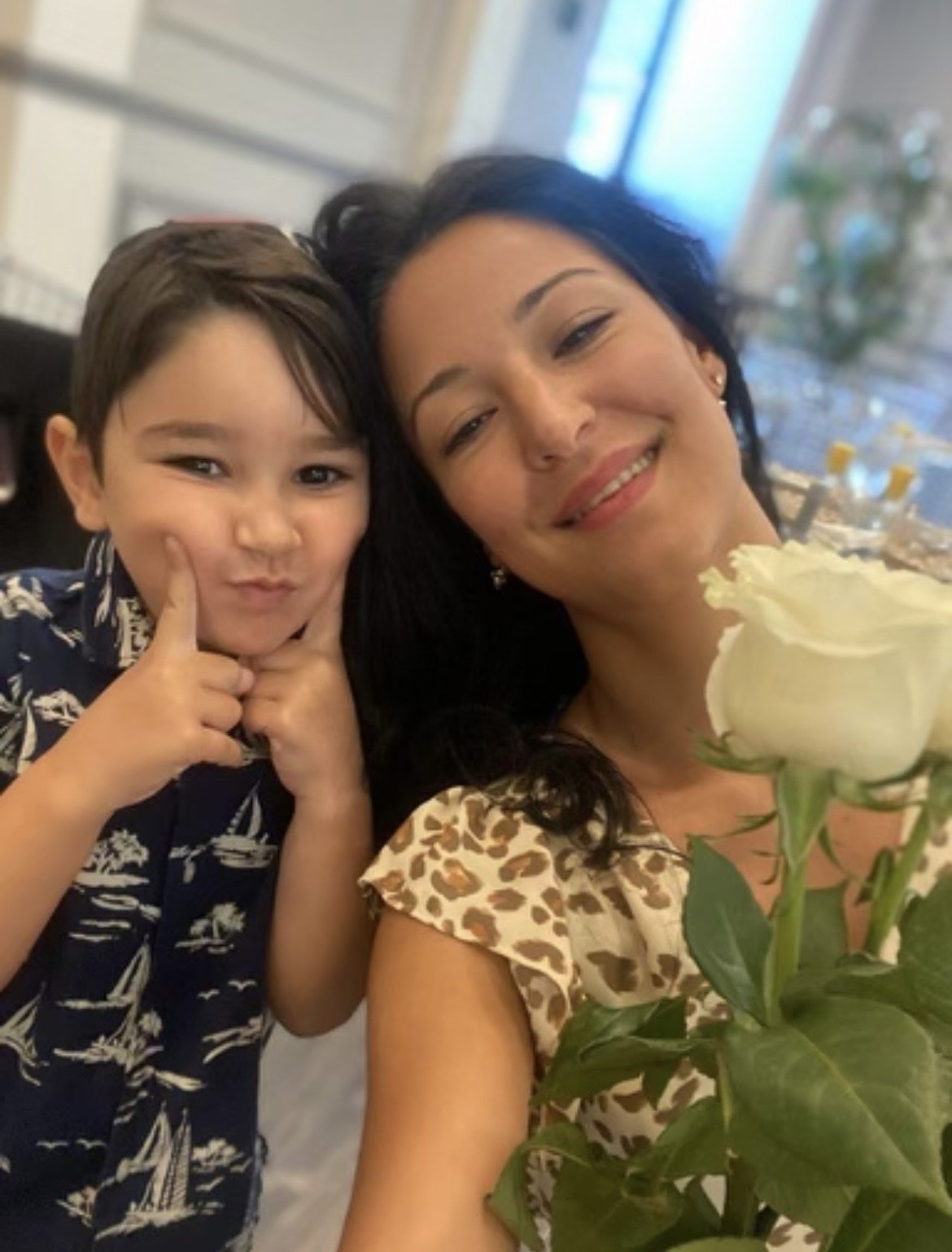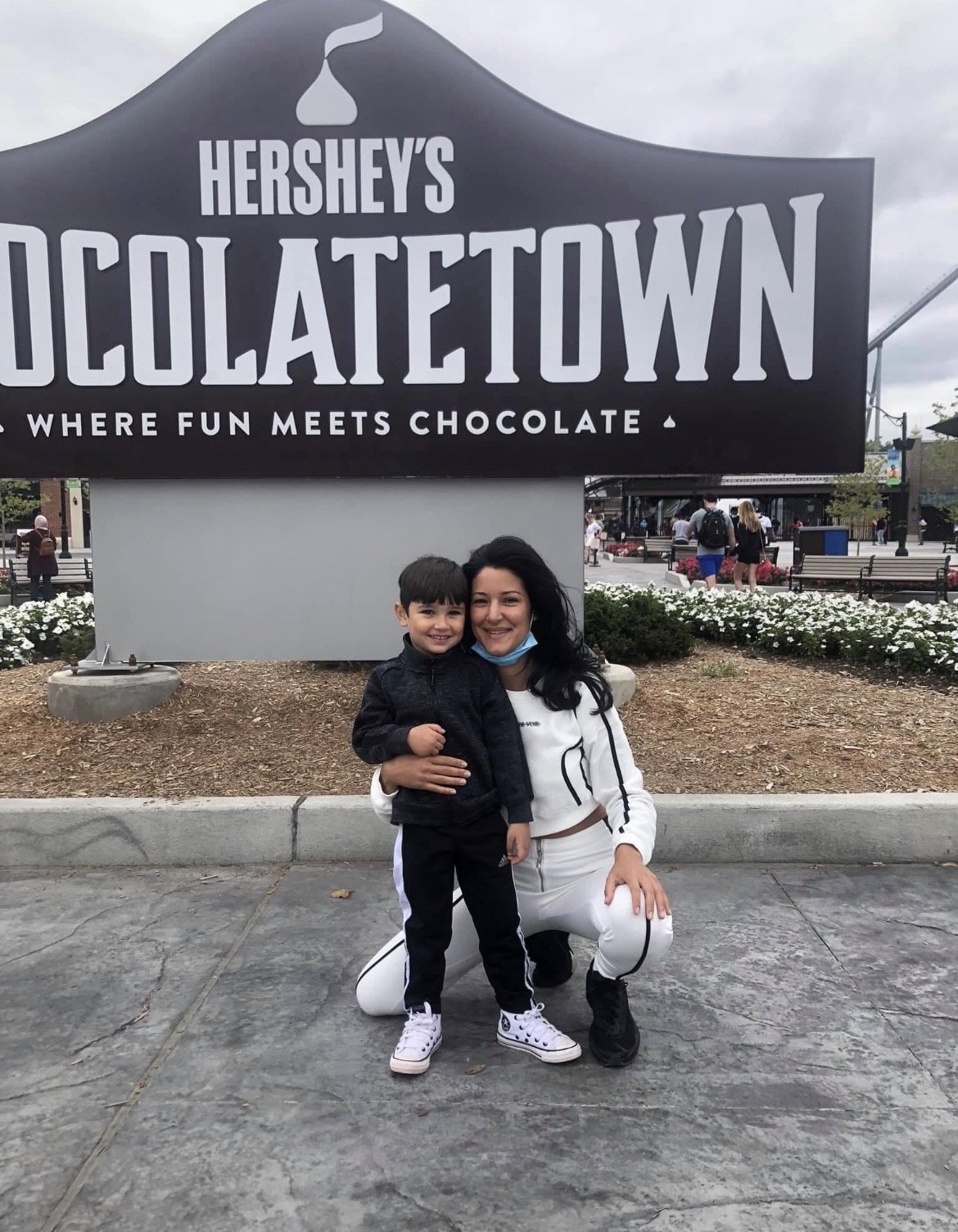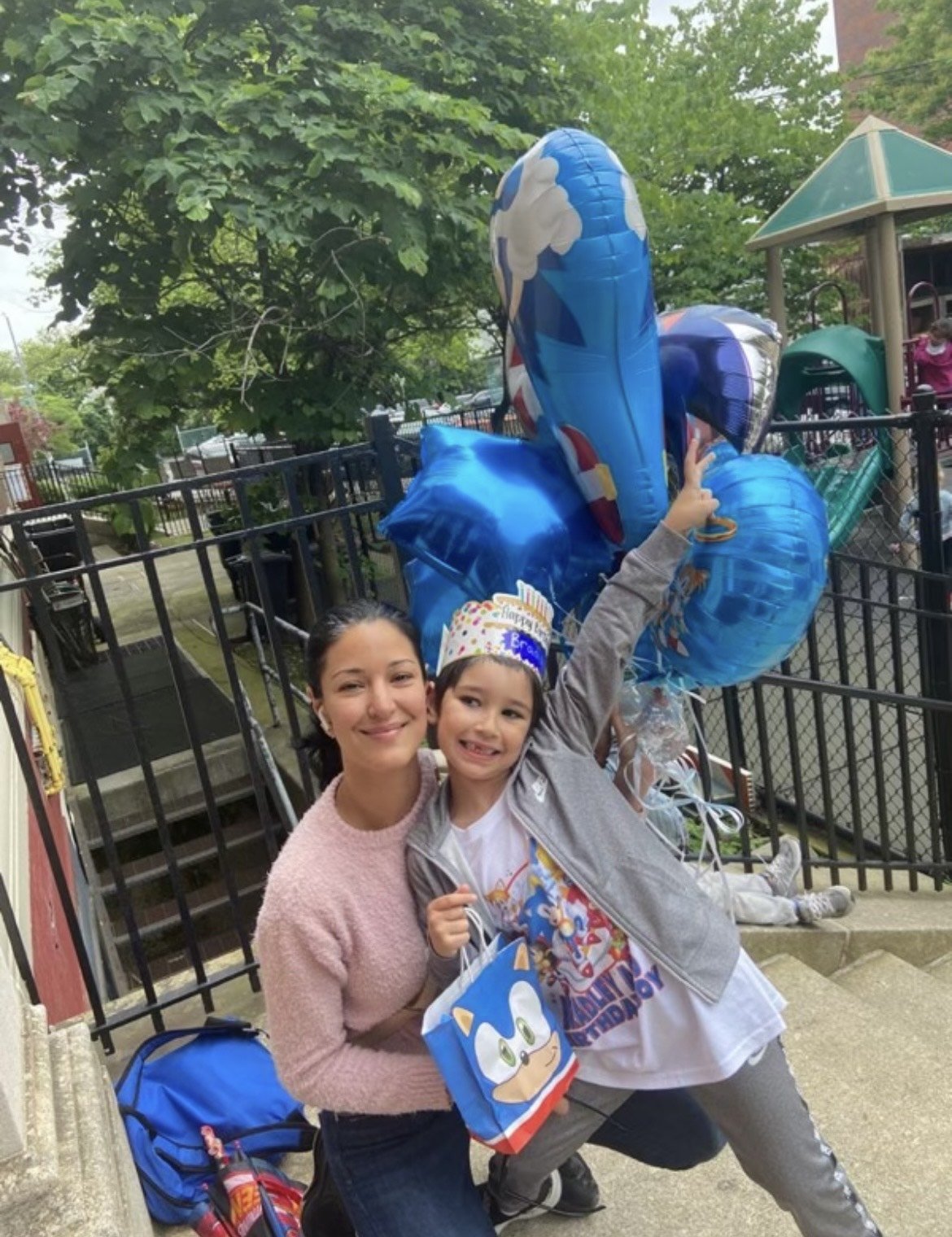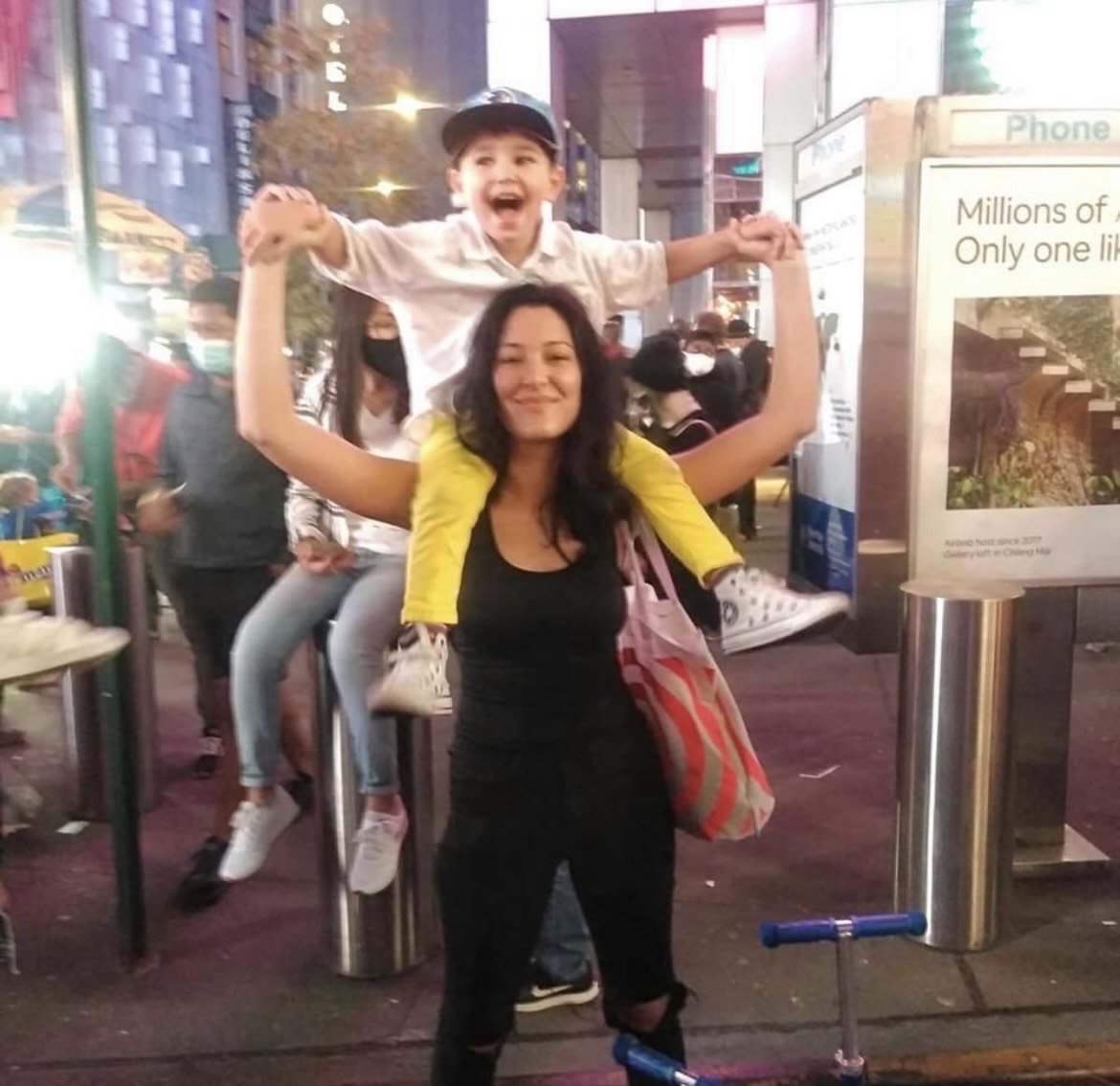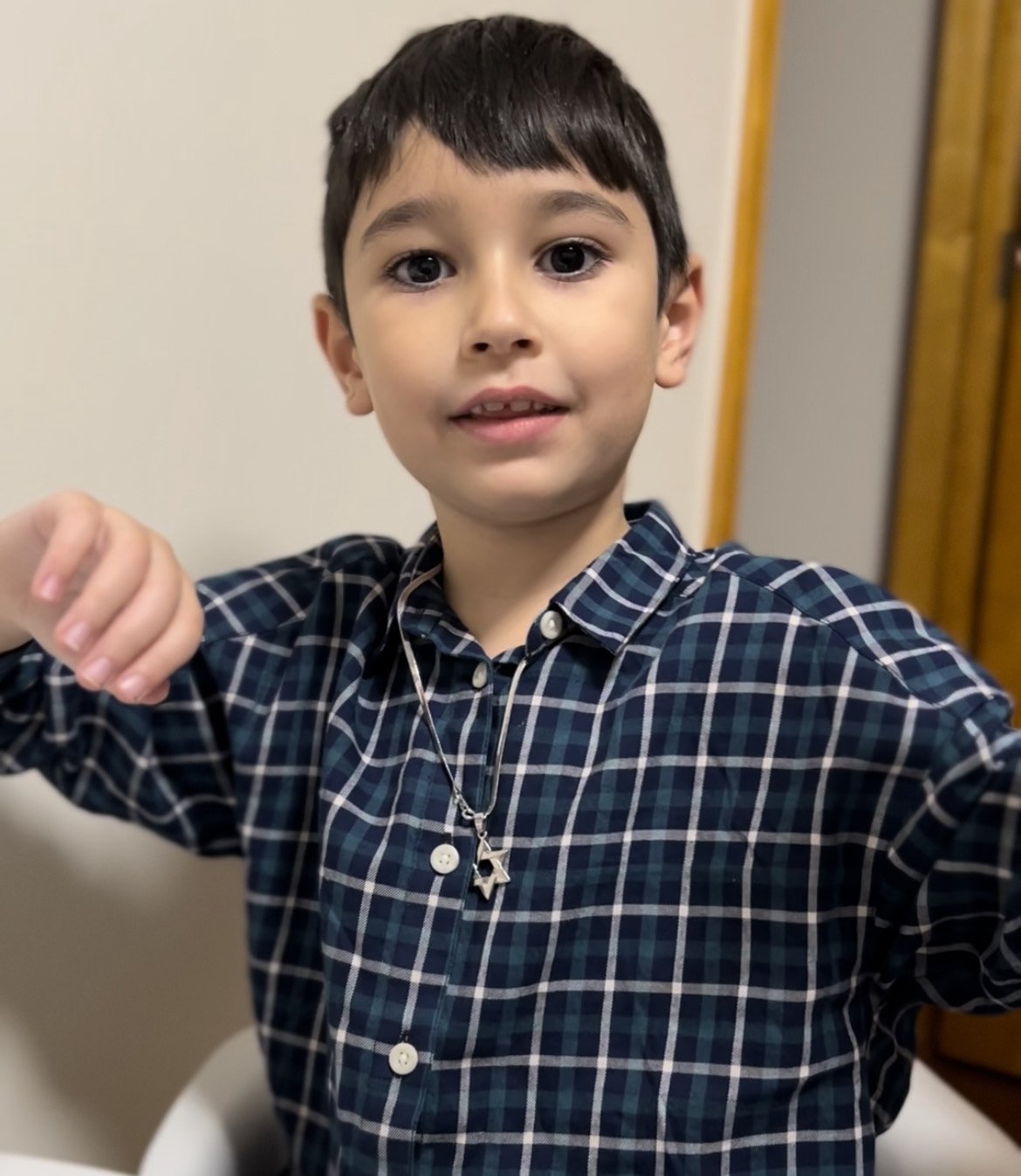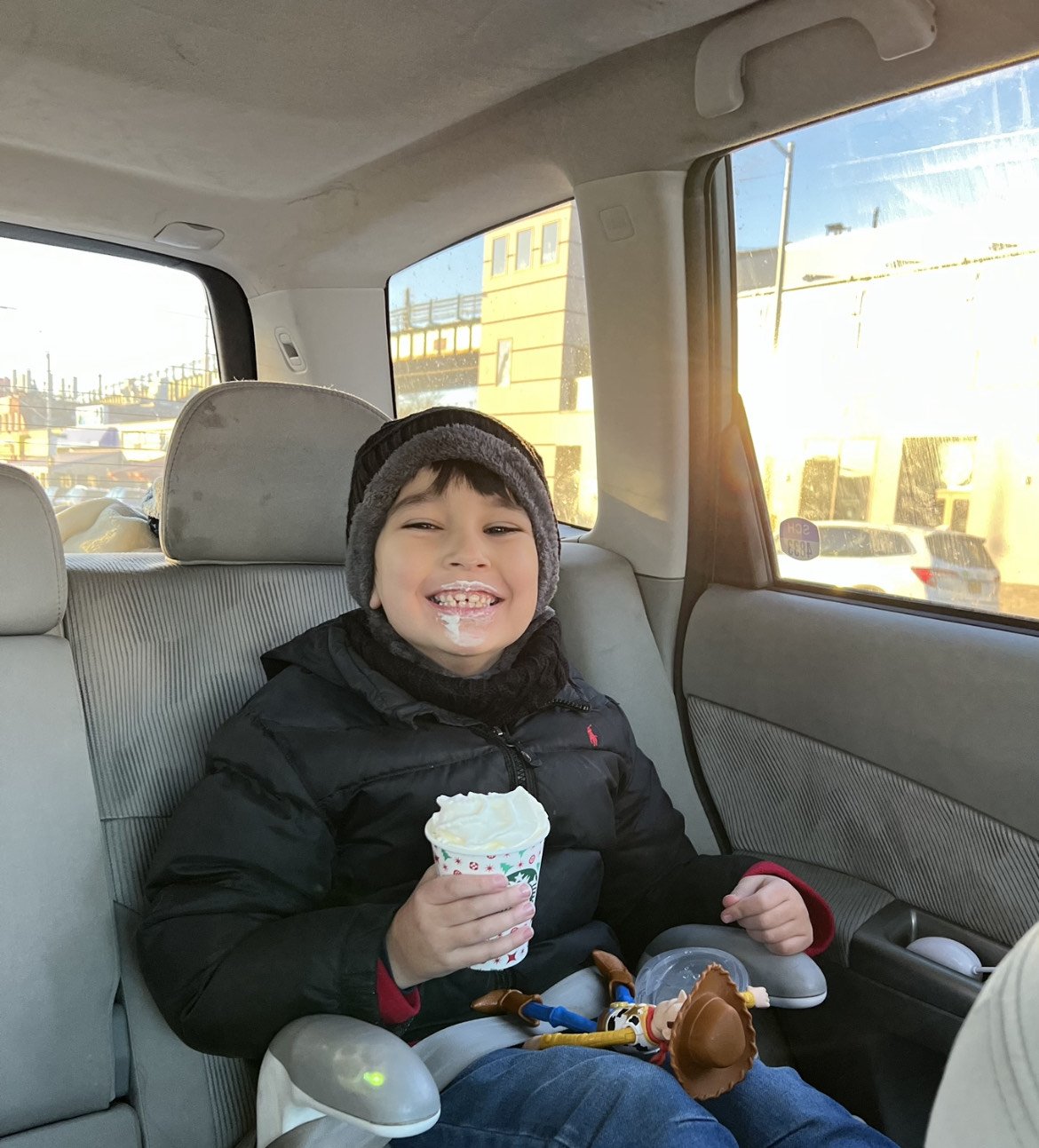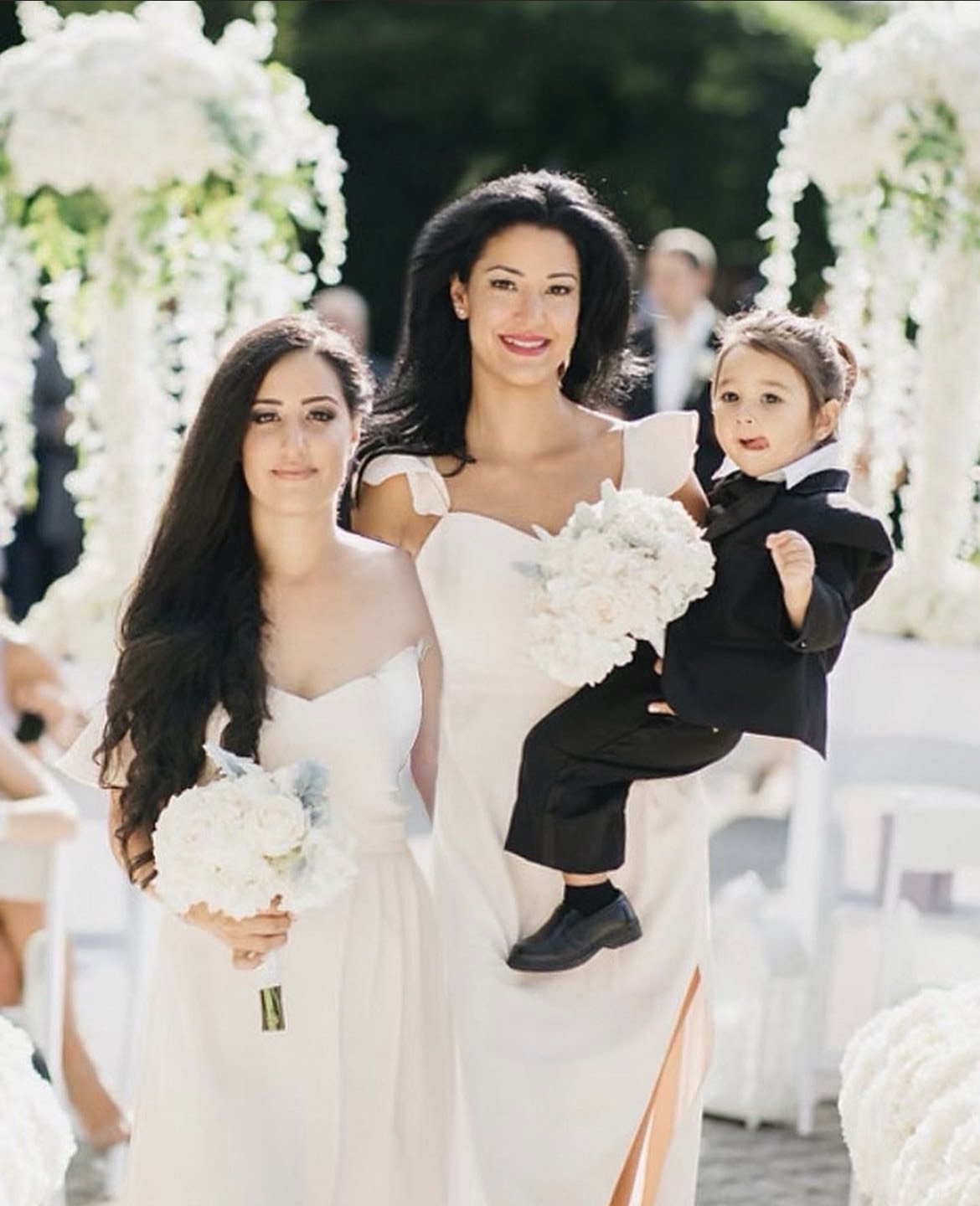Morin Golan Is Facing the Fight of Her Life - Narkis Golan's Story
Narkis Golan’s sister, Morin is facing the fight of her life.
Narkis Golan:
“After winning at the Supreme Court, I had to yet again face the same unsympathetic judge who wants to force my son back to a country where I was tortured, raped and abused in every way.”
One thing I know for sure is that I won’t stop fighting and from now on, I won’t be silenced either. I want the world to know the truth. Money and power plays a big role in our ignorant society. Why must some be so ignorant to the truth when it’s right in front of their faces? It’s greed, it’s selfishness, it’s ego, it’s power, it’s so many awful things that I could not imagine as a young child who believed so strongly in our laws and in our world.”
On October 18th, 2022, Morin’s sister, Narkis Golan, was found dead in her apartment, the cause of death unclear. Ever since Narkis’ death, Morin has battled for the custody of Narkis’ son, Bradley: a six-year-old boy with autism.
For those unfamiliar with Narkis’ story, it’s crucial to understand her landmark role in the Hague Convention: an international agreement originally designed to safeguard adoptions between countries. In cases of domestic abuse, however, abusers often wield the law for their own benefit. Using a provision related to child abduction, abusers can accuse survivors of kidnapping when they flee the abuser’s country with their children.
Narkis was one of these survivors, and a fierce advocate for others in her position. She belonged to an advocacy group called the Hague Mothers: a women-led volunteer organization designed to amplify the voices of women and free them from domestic violence, particularly in the context of the Hague Convention. Generally, the phrase “Hagued mothers” describes women who flee domestic violence to protect themselves and their children, only to endure international custody disputes under the Hague Convention clause.
In 2018, Narkis and Bradley fled Italy – the country of their abuser – and returned to the U.S.: Narkis’ home country, where she had support from her sister, Morin, as well as other family members. Narkis led a rich, meaningful life, filled with advocacy work, family, and community. Yet her new life unraveled when she received the Hague notice, ordering that she and Bradley return to Italy where the abuser could have supervised visitation.
Narkis – described by her sister as well as other mothers as a “powerhouse” – refused to accept this order. Her tenacity, love for her son, and empathy for other Hagued mothers led her to the Supreme Court. Narkis’ case ultimately pushed the Supreme Court to establish a child's safety as the priority, according to law professor Merle Weiner, an expert on Hague Convention child abduction cases.
The Supreme Court unanimously ruled in Narkis’ favor that a lower court didn’t have to force her to send Bradley back to Italy, and three other appellate courts affirmed this decision. However, a federal district judge later ruled that Narkis would have to return Bradley to Italy: his “habitual residence” under the Hague Convention. Historically, the father’s habitual residence is often granted more weight in family court than the protection of individuals: most importantly, children.
Narkis fought this decision up until her death; immediately afterward, Morin swiftly took over and filed for temporary custody of Bradley. Since Narkis’ passing, Bradley has lived with Morin: one of the few adults who understands his need for routine, communication challenges, and various forms of therapy, which he receives six days per week.
Despite his diagnosis and medical needs, Bradley’s order of protection against his father was revoked, and he is now entrusted by the Italian social services. If they rule that Bradley must return to Italy, he will enter the foster care system in an unfamiliar country, where he doesn’t know the native language nor have the support of Morin and his other family members. Bradley has also been denied legal representation by the Children’s Law Center (CLC), despite his inability to stand trial and advocate for his rights and needs.
In Narkis’ place stands Morin, who continues her battle to safeguard Bradley and keep him closest to the people and place he knows best. In Bradley’s name, and in honor of Narkis, Morin calls on readers – parents, activists, legal professionals, and allies – to take the following actions:
Morin and Bradley
CALLS TO ACTION
Don’t just ask for change: DEMAND change.
Narkis leaves behind a legal legacy as well as a model of mentorship and activism. She served as a beacon of light for other members of the Hague Mothers, and we will demand systemic change in her memory, just as she demanded and achieved change in the Supreme Court.
Get loud.
We say Bradley’s name, and we share it with people and institutions that have the power to reverse this decision and save his life. Supporters can also contribute to a GoFundMe to fund Bradley’s ongoing care and legal efforts to secure his safety.
Speak now.
We cannot wait to say Bradley’s name or discuss his future. Legal professionals with the power to determine Bradley’s future must be held accountable, and now.
Hashtag #sayhisname #knowhisface #keepbradleysafe #protectbradley #justice4narkis to generate awareness of Bradley’s crisis; to force those with power to see his face, and to witness the fragility of his future.
With your support and awareness, Morin envisions a future in which Bradley is safe, secure, and legally recognized as a human being with a voice. Bradley may be unable to speak for himself now, but we have the power to raise our voices for him – and for the other children and mothers whose rights are denied by the Hague Convention.
It’s the work Narkis left behind, and we’re called to continue her efforts: for Bradley, for Narkis, and for all survivors ensnared in this system.
“We’re enslaved to this patriarchal society that controls our innocent lives without any justice at all. Without any good reason at all.” -Narkis Bradley (Golan)
“We’re enslaved to this patriarchal society that controls our innocent lives without any justice at all. Without any good reason at all.” -Narkis Golan

